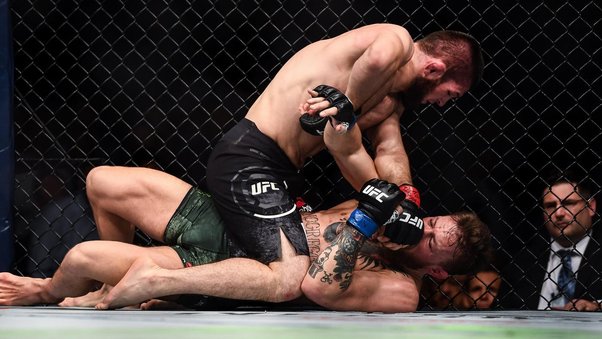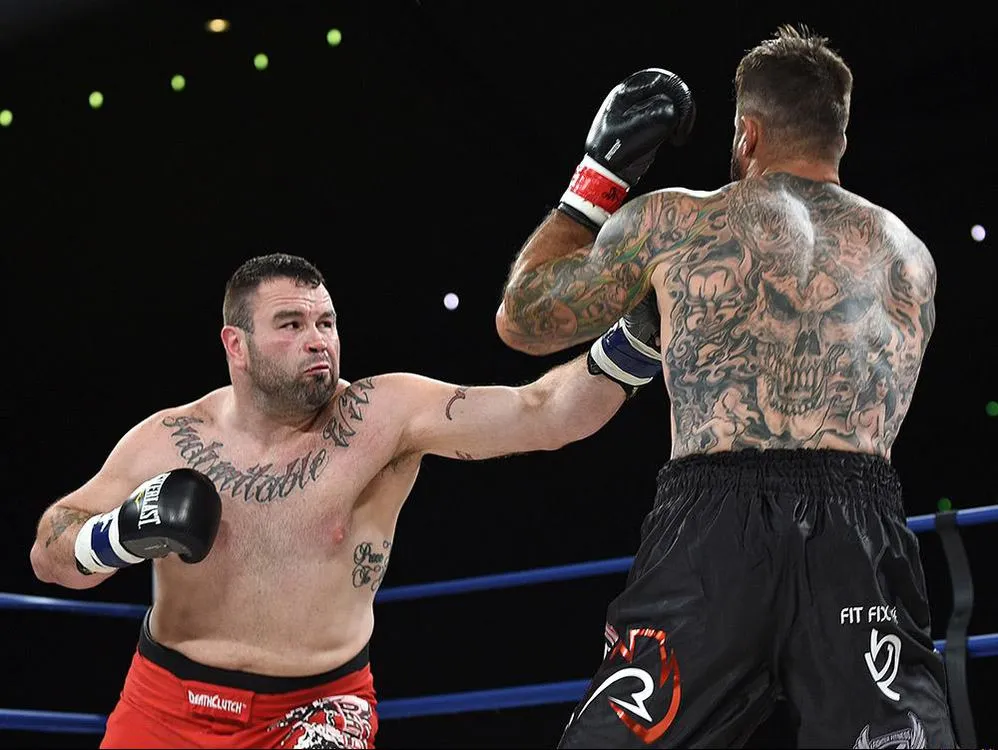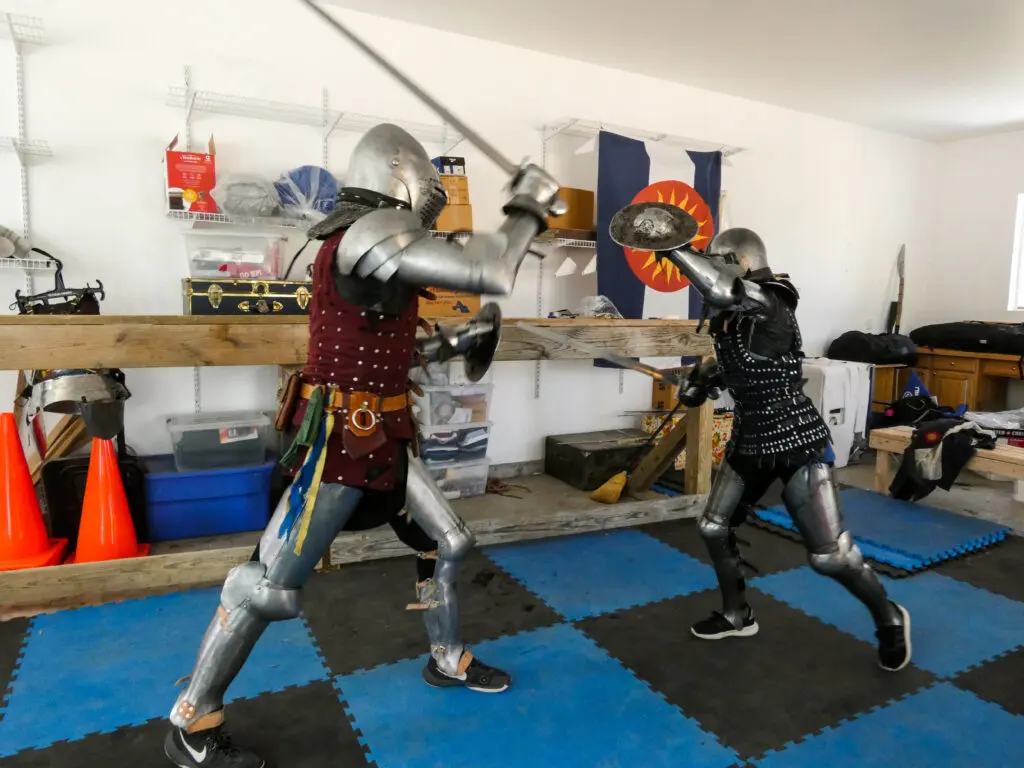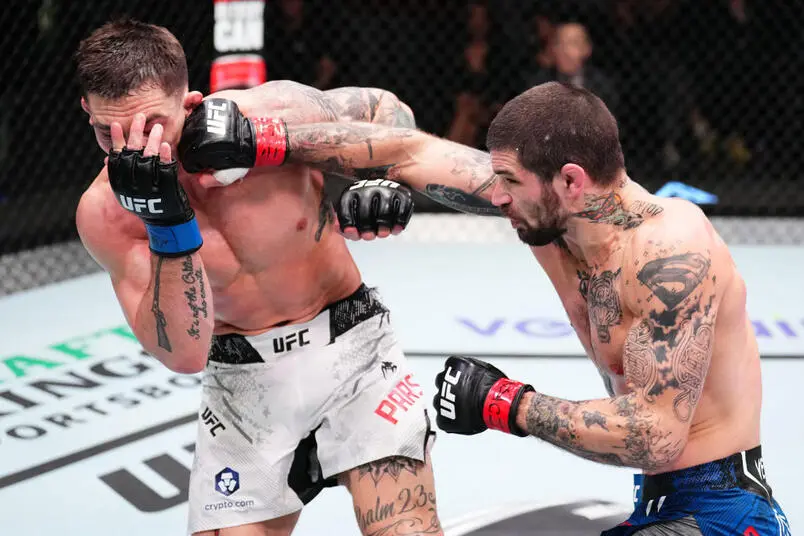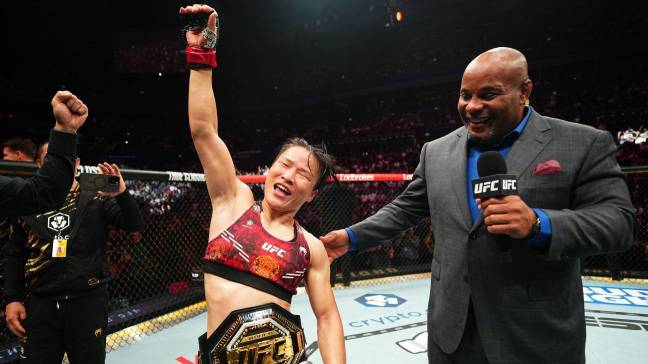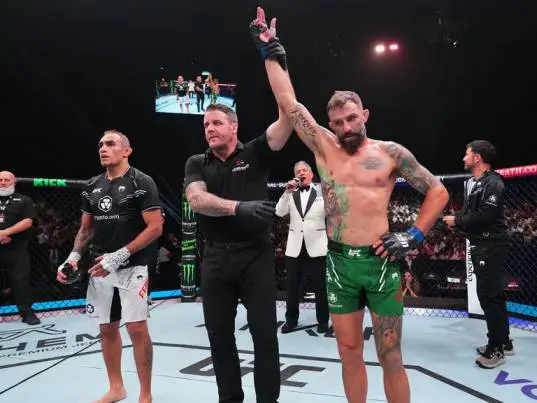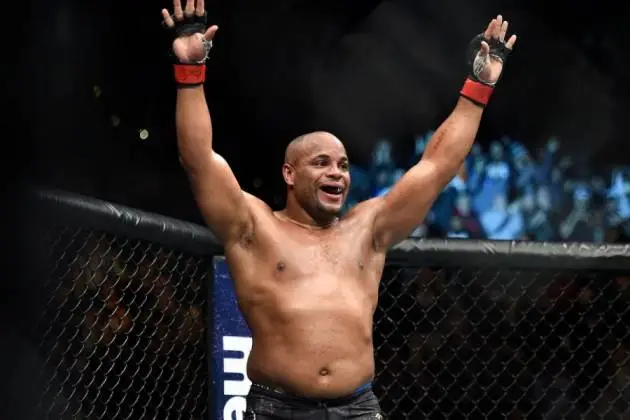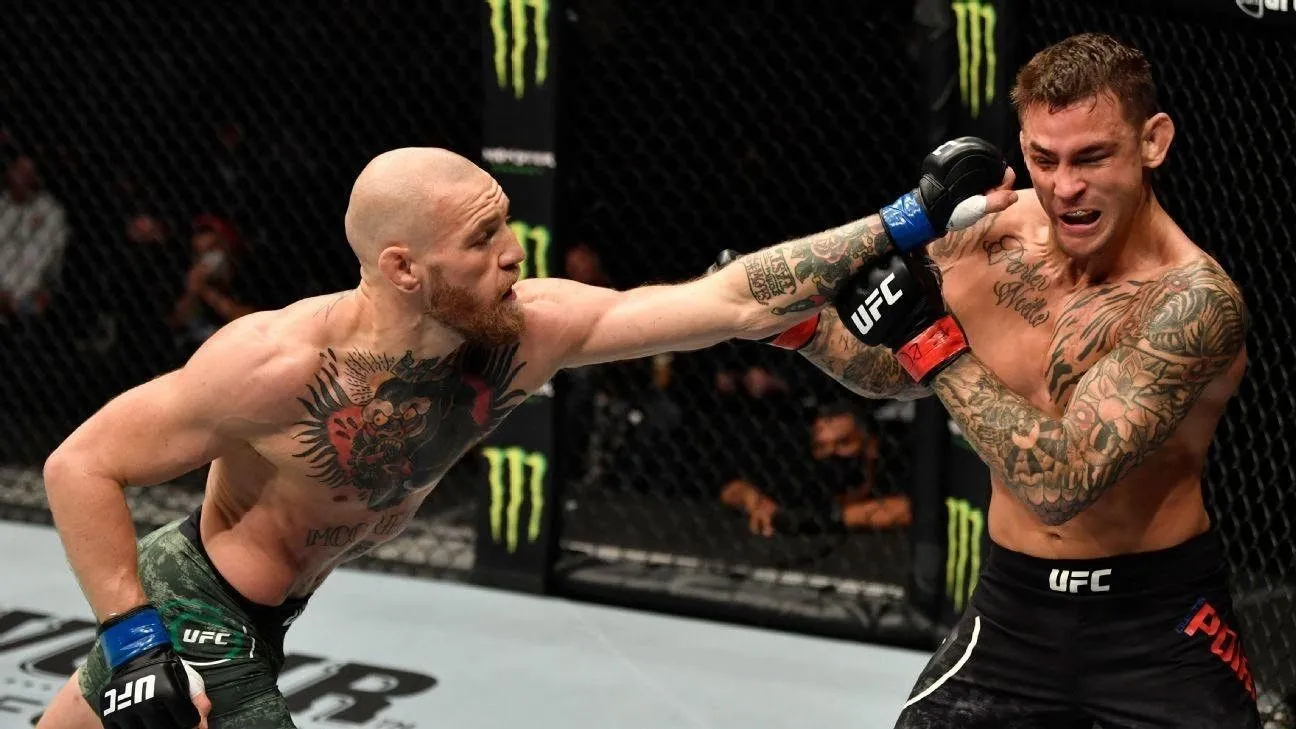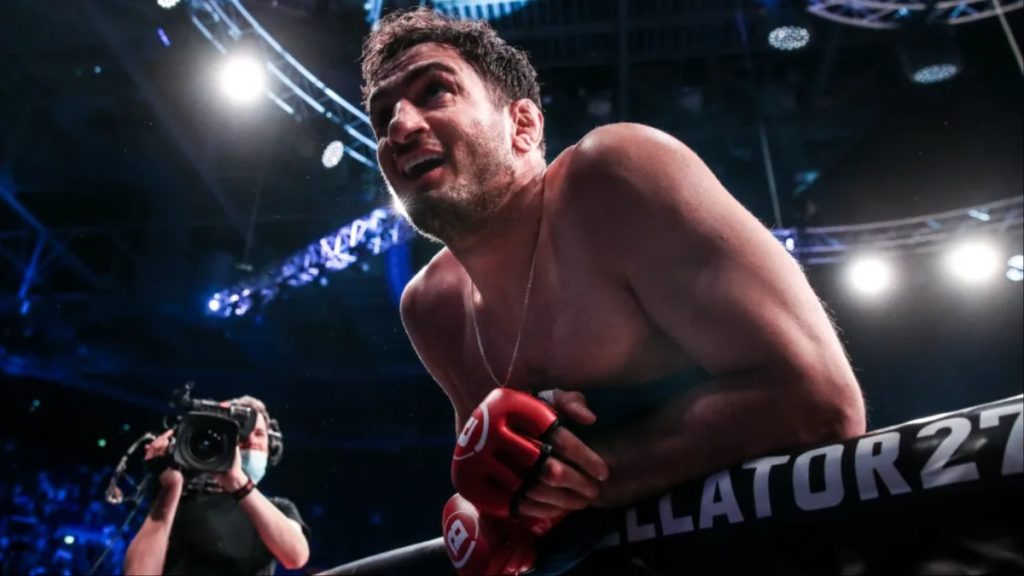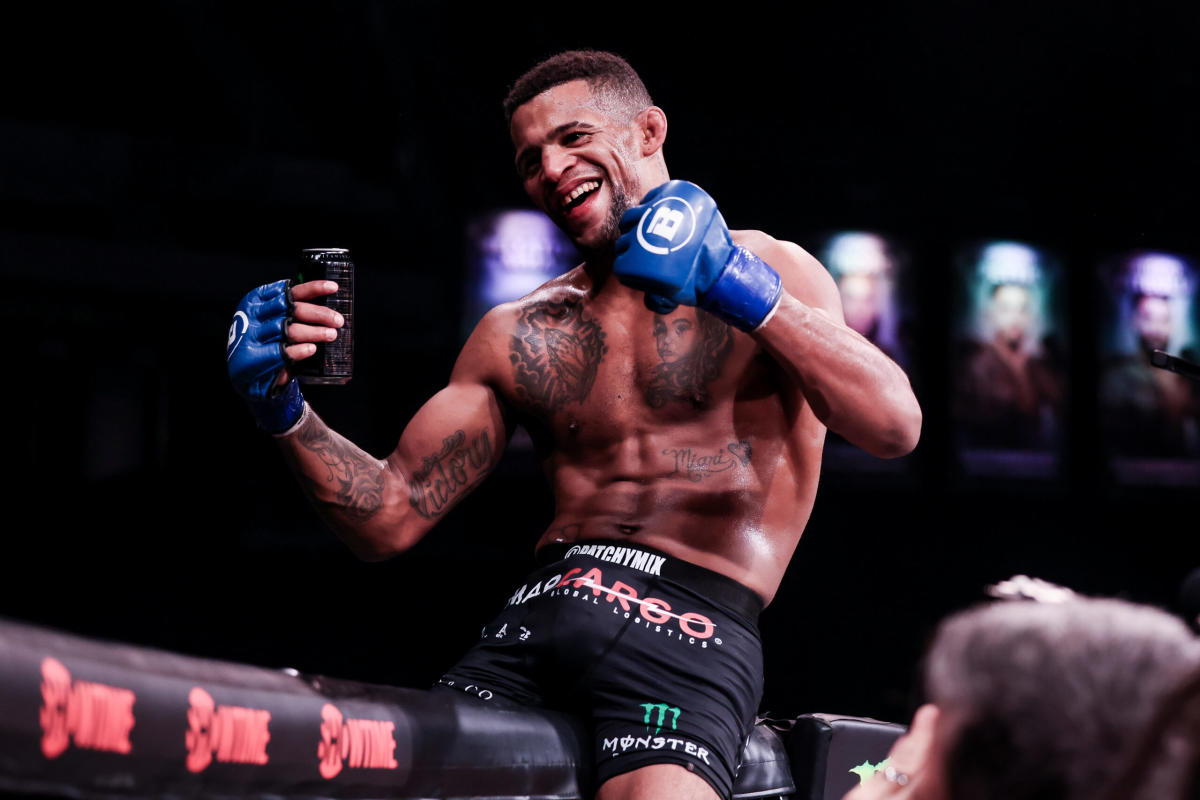
Prior to March 11, 2020, it would have been difficult to imagine the world of sports screeching to a sudden halt. Yet the events of the last month and a half have sent shockwaves through the global sports landscape, sidelining nonessential activities while testing the balance of power between athletes and ownership groups.
The first chip to fall came that night, when NBA players on both the New Orleans Pelicans and Sacramento Kings decided just moments before tip-off of their game – and shortly after the NBA announced its first positive COVID-19 case – that they did not feel comfortable with the exposure and would not take the court. The game was postponed, and shortly thereafter, the NBA decided to suspend its season. The dominoes fell quickly thereafter. Within hours, active seasons were suspended by Major League Baseball, the NCAA, the NHL and the Premier League. Smaller leagues followed suit.
For the UFC, though, the decision to suspend its calendar was never quite so clear. That weekend, the promotion ran an event in Brasilia, Brazil, albeit with no fans in attendance. After taking a three-week pause, the promotion attempted to produce an event in California before pressure from Gov. Gavin Newsom and Sen. Dianne Feinstein shut it down. Undaunted, UFC President Dana White moved forward with plans for a May 9, audience-free event in Florida that will mark the return of major sports to the television airwaves.
While White has liberally shared his thoughts on the impending production, the voices of his athletes have been somewhat muted. There have been some, like UFC Hall of Famer Urijah Faber, who have said they are not scared to compete during the global epidemic. Others, including welterweight contender Michael Chiesa and bantamweight contender Aljamain Sterling, are more reluctant to fight during the outbreak. While every athlete has their own opinion and can determine for themselves whether they will participate in upcoming events, the situation may have presented a perfect opportunity for them to come together as a collective unit to leverage their bargaining power in much the same way the NBA players did at the start of the outbreak.
“The UFC’s apparent rush to hold events during the early stages of a global pandemic could have created the singular moment in which successful organizing drives tend to thrive,” said Lucas Middlebrook, a labor and sports law attorney with Seham, Seham, Meltz and Petersen, LLP, who has represented fighters Nick Diaz and Leslie Smith and assisted in previous fighter organization efforts. “Typically, organizing drives are catapulted by one or two defining issues that cause workers to band together.”
The COVID-19 crisis created a rare setting where the interests and concerns of champions and rookies alike are mostly aligned. The current landscape for fighters is riddled with uncertainty. Without events, there are no fight purses, so they may have to take unnecessary health risks in order to participate and make a living. Some can’t access their own training facilities, which are closed due to coronavirus-related prohibitions. Others may simply feel pressure to participate rather than lose opportunities. Still more may not even be able to leave their home countries due to travel restrictions. They may be getting conflicted advice from managers, many of whom work on a percentage basis. They may be getting no advice at all and be unaware that unemployment insurance or pandemic unemployment assistance may be available to them.
It is a complicated time, to be sure, and while the UFC, and more specifically White, has said that fighters do not have to fight if they don’t feel comfortable, and that he would offer financial assistance for those who asked, any help is at his discretion rather than contractual. By contrast, players’ unions in all of the major sports leagues will have a say in the way their leagues are restarted as well as the health precautions put in place.
Just recently, for instance, NBA players pushed back at the idea of reopening practice facilities in certain locations due to safety concerns. Similarly, the MLB Players Association had a seat at the bargaining table to determine salary and service-time issues as the epidemic took hold, and the NFL Players Association recently agreed on a virtual offseason training program as they continue to discuss how to safely begin the season.
Middlebrook believes there is likely much more concern from fighters than has been publicly expressed. He believes they could have, for example, worked collectively to secure a premium associated with traveling and working during a pandemic as well as comprehensive healthcare coverage.
“The important piece here is those groups have a collective voice, collective bargaining protections and the legal ability to bargain over these issues,” he said. “Unfortunately, the UFC fighters are dependent, in large part, on what the UFC unilaterally decides and implements whether they agree with it or not. And, the UFC, like any employer, is focused on a return of revenue; whereas a fighter union would balance that against the health and welfare of its athletes.”
That return of revenue is the driving force behind the UFC’s strong push to resume its schedule. While the promotion itself is believed to be financially strong, its parent company Endeavor is riddled with debt, with over $4.6 billion on its books, according to a recent Los Angeles Times story. The UFC is a significant revenue generator for Endeavor, and can earn about $600 million in guaranteed global media rights income if it hits its contracted 42 shows, necessitating a rush to action.
While White and the UFC have said the promotion would take a number of enhanced safety measures such as advanced medical screenings and temperature checks at these shows, additional details have not been released. What happens if a fighter does contract COVID-19 at an event, or even while training for one? After all, you can’t practice socially distant striking or jiu-jitsu. What if they spend money preparing for a match, but the show gets postponed? What happens if they deliver a substandard performance due to inadequate preparation? Most fighters have signed on to bout agreements hoping for the best with no real plan on how they might handle more troubling scenarios.
There was a way to be proactive, but it would have required unprecedented cooperation from the athletes that populate the events that help the UFC and by extension, Endeavor, to keep raking in cash, even during a global pandemic. For the UFC, a fortune is guaranteed; all they have to do is produce a 42-event season. For the men and women who fight, there are far fewer assurances, and as long as they fail to organize, it will remain that way.
“The UFC makes money precisely because of the fighters, not management,” Middlebrook said. “Management may do a fine job of organizing cards, securing venues and marketing the company, but without the athletes, there is no UFC. These fighters have more leverage than they realize, but it takes a cohesive approach.”
